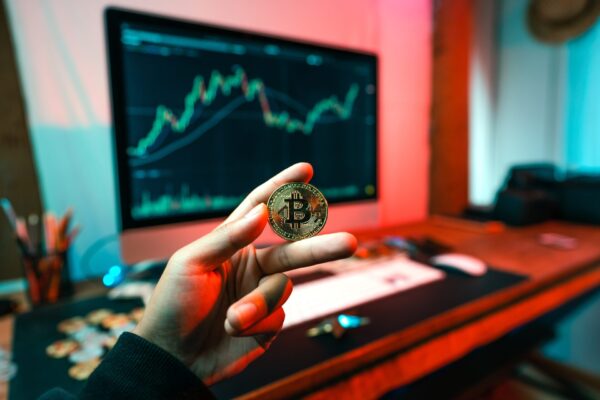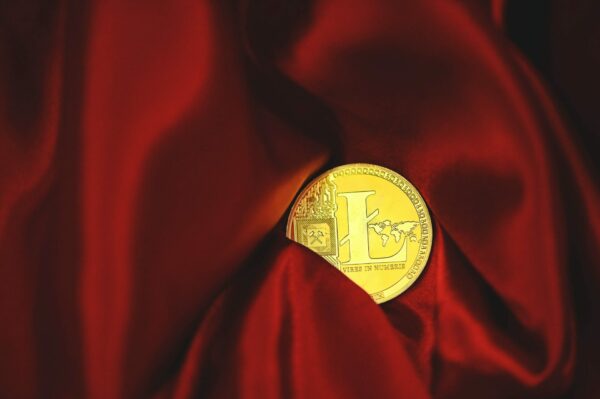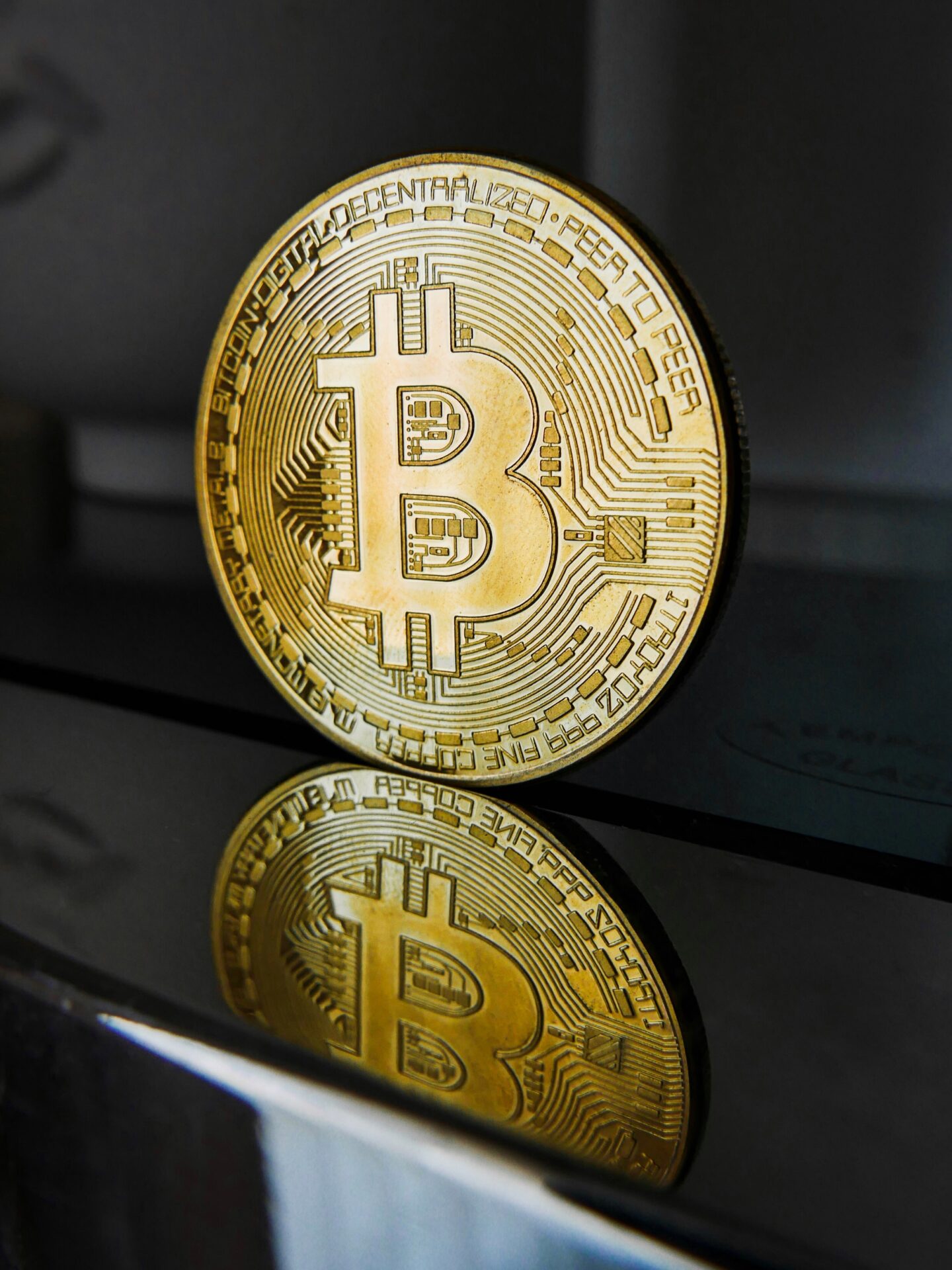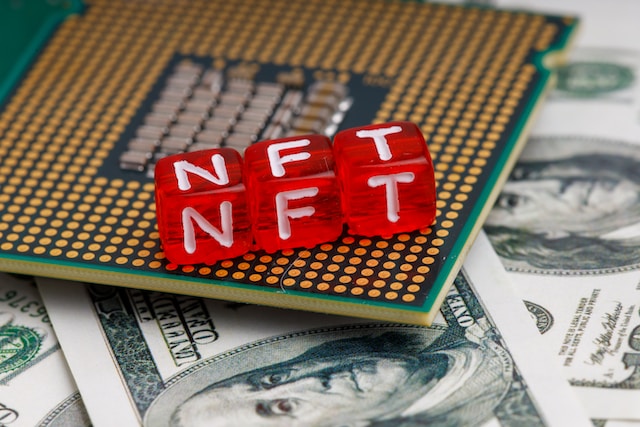The Evolution and Future of the NFT Market: Unlocking Digital Ownership
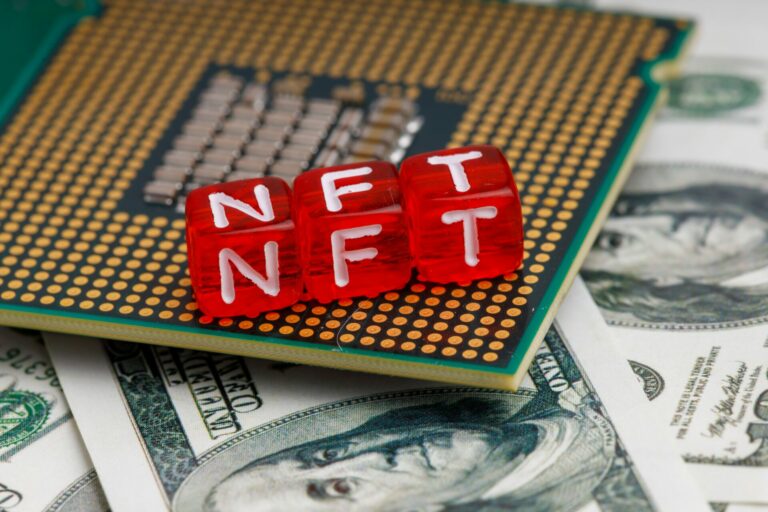
The NFT market has revolutionized the concept of digital ownership, allowing individuals to buy, sell, and trade unique digital assets using blockchain technology. In this article, we will explore the evolution of NFTs, the benefits and challenges of the NFT market, various use cases, popular NFT marketplaces, and future trends and outlook.
see also : Understanding Blockchain Technology: Benefits, Applications, and Future Trends
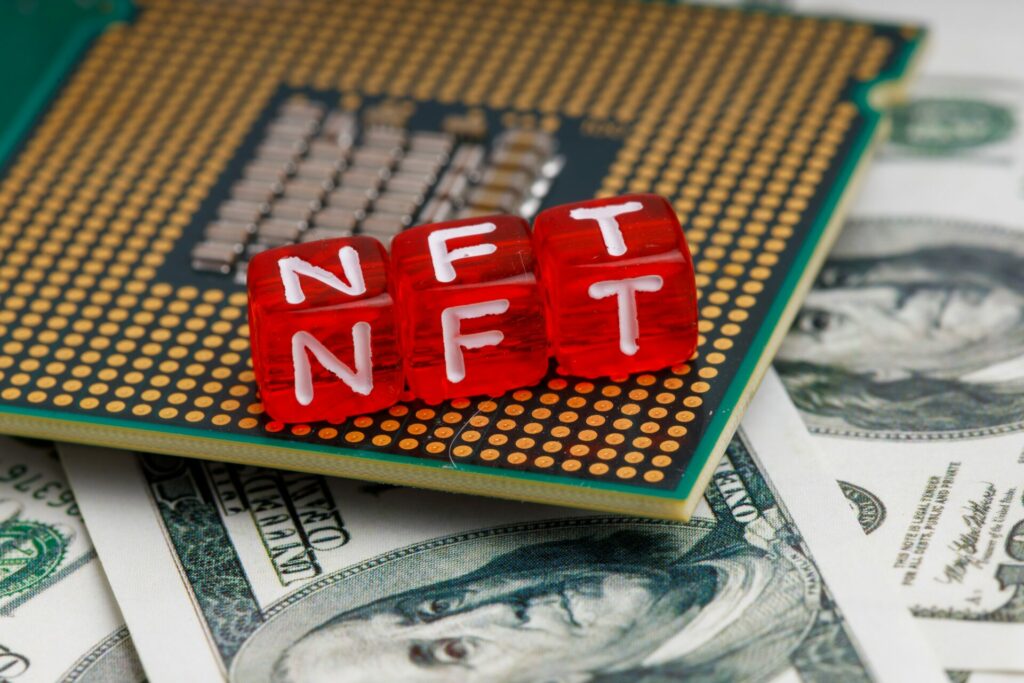
Evolution of NFTs
NFTs have come a long way since their inception. Initially, they gained popularity in the art world, with artists leveraging blockchain to prove the authenticity and scarcity of their digital creations. Over time, NFTs expanded beyond art and penetrated other industries, such as gaming, music, and real estate. The ease of tokenizing assets and the growing interest from collectors and investors contributed to the rapid rise of NFT
Understanding NFT Market
To comprehend the NFT market, it is essential to grasp the concept of digital ownership. Unlike traditional assets, NFTs represent ownership of unique digital items, backed by blockchain technology. Blockchain ensures transparency, immutability, and security in transactions. By tokenizing assets, creators can establish provable scarcity and transferable ownership rights. The NFT market consists of artists, collectors, investors, and various platforms facilitating the buying and selling of NFTs.
Benefits and Challenges
The NFT market offers several advantages for creators. Artists can monetize their digital creations directly, eliminating intermediaries and receiving a fair share of the revenue. NFTs also provide new revenue streams through royalties on secondary sales. Moreover, NFTs enhance accessibility to art and collectibles, allowing individuals to own and appreciate digital assets.
However, challenges and concerns persist in the NFT market. Environmental impact is a prominent issue, as blockchain transactions consume significant energy. Additionally, copyright and intellectual property concerns arise when tokenizing existing works without proper authorization. Market volatility and speculation also pose risks to buyers and sellers.
Use Cases
The NFT market has expanded its reach across various industries. In the art world, NFTs enable artists to showcase and sell their digital artwork directly to global audiences. Gaming and virtual worlds leverage NFTs to provide players with ownership of in-game items, enhancing player engagement and enabling a thriving secondary market. The music and entertainment industry utilizes NFTs to offer unique experiences, such as exclusive concert tickets or limited edition albums.
Sports memorabilia has found a new home in the NFT market, enabling fans to own digital collectibles, ranging from virtual trading cards to game highlights. Real estate and virtual land have also entered the NFT space, allowing individuals to own and trade digital properties in virtual realms.
Popular NFT Marketplaces
Numerous NFT marketplaces have emerged, each offering unique features and characteristics. OpenSea, the largest marketplace, supports a wide range of assets, including art, collectibles, and virtual land. Rarible provides a decentralized platform for creators and collectors to interact directly, while SuperRare focuses on high-quality digital art. NBA Top Shot has gained immense popularity by selling officially licensed NBA moments as NFTs.
Future Trends and Outlook
The future of the NFT market is promising. NFTs are expected to continue expanding into new industries, such as fashion and virtual reality. They have the potential to disrupt traditional markets, transforming how we perceive and own digital assets. However, regulation and governance will play a crucial role in ensuring a sustainable and secure.
Conclusion
As the NFT market evolves, it unlocks new opportunities for creators and individuals to participate in the digital economy. With the ability to tokenize and trade unique digital assets, the NFT market has revolutionized the concept of ownership. However, challenges such as environmental impact, copyright concerns, and market volatility must be addressed. Nonetheless, the future of the NFT market looks promising, with continued expansion into various industries and the potential to reshape traditional markets. Through proper regulation and governance, the NFT market can establish a secure and sustainable ecosystem for digital ownership. As technology advances and adoption grows, the possibilities for NFTs and the benefits they bring to creators and collectors alike are boundless.
And for those of you who want to grow your Instagram account, you can directly use our service free instagram followers and you can like your post on instagram with Free instagram likes feature

